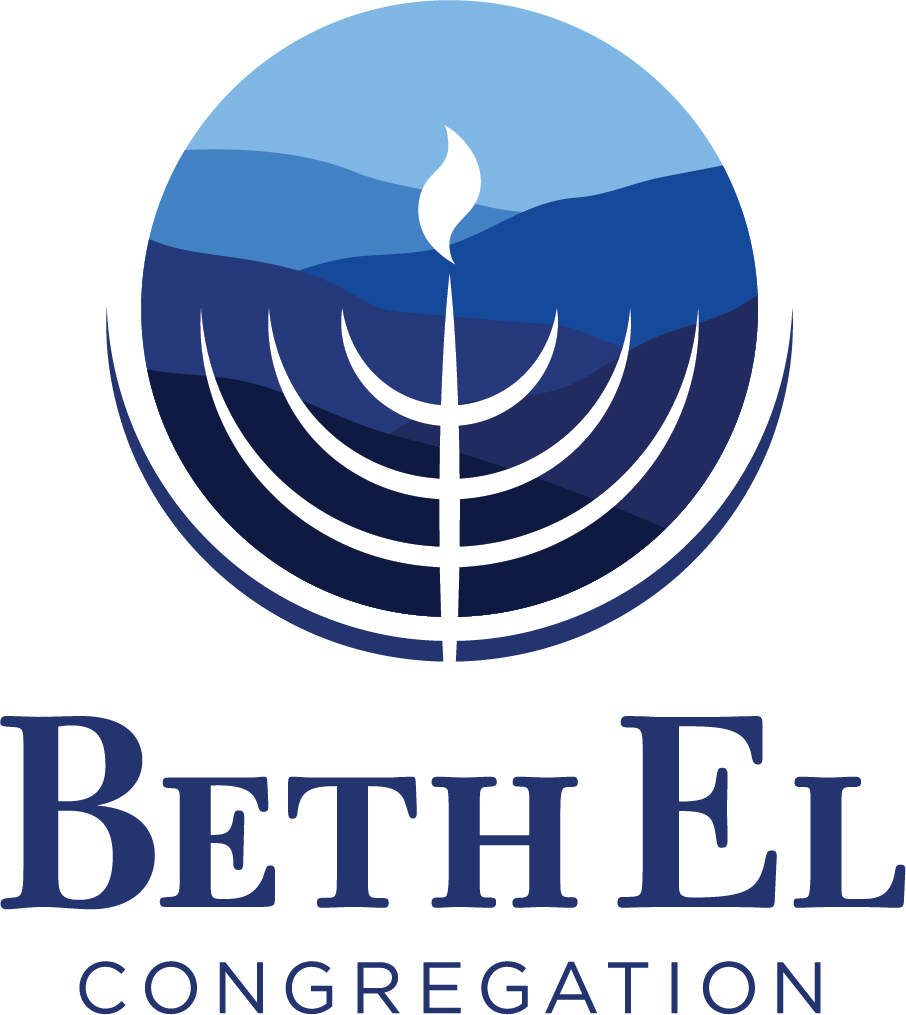D’var Torah – October 3
Shabbat Shalom.
I pray this finds you all well.
When there’s a major, pivotal moment in our lives, what do we (and others) tend to do? We pray! We call out to God!
“God, please land this job for me!”
“God, if you get me out of this, I’ll devote the rest of my days to you.”
“God, if you let me survive this, I promise I’ll never do anything bad again.”
In the Haftarah (II Samuel 22:1-51) that accompanies this week’s parsha of Ha’azinu (Deuteronomy 32:1-52), an elderly King David pens a tribute to God:
“David addressed the words of this song to God, after God had saved him from the hands of all his enemies and from the hands of Saul. He said:
‘O ETERNAL One, my crag, my fortress, my deliverer!
O God, the rock in which I take shelter:
My shield, my mighty champion, my haven and refuge!
My savior, You who rescue me from violence!
All praise! I called on GOD
And was delivered from my enemies.
For the breakers of Death encompassed me,
The torrents of Belial terrified me;
The ropes of Sheol encircled me,
The snares of Death engulfed me.
In my anguish I called on the ETERNAL,
Cried out to my God,
Who from a heavenly abode heard my voice,
Whose ears received my cry…
Rescuing me from my fierce enemy,
From foes too strong for me.
They attacked me on my day of calamity,
But GOD was my support.
Bringing me out to freedom,
Pleased with me enough to rescue me…
Rescuing me from my fierce enemy,
From foes too strong for me.
They attacked me on my day of calamity,
But GOD was my support.
Bringing me out to freedom,
Pleased with me enough to rescue me.’”
(*II Samuel 22: 2-7, 18-20, 47-50)
These are beautiful and powerful words, and it is beyond reassuring to know that God was there for one of His servants when he called out to Him, and thus comforting to know that God is able to be there for us when we too call out to Him.
Unfortunately, there are many folks who only call out to God in the most extreme of circumstances. This is a one-sided relationship that is tragically both shallow and superficial. Do we think that God is like the Ghostbusters and just waiting by the phone to jump into action when He’s called upon?
So what is our relationship with the Divine supposed to look like? If we do a deep dive of our prayers and texts, we are able to grasp the true depth of our relationship with God. Asher Yatzar gives thanks for our physical health, Nisim B’Chol Yom gives thanks for things such as our eyesight, strength and freedom, the Birkat HaMazon gives thanks for the food in front of us, and Elohai N’Shama gives thanks for our very souls. Each of these tributes recognize constant, daily gifts from God that all too often we overlook, take for granted, or forget to acknowledge God’s active participation in.
Is God a rescuer and savior? Yes, 100%. But there is so much more to who God is and what God does for us day-in and day-out. On Yom Kippur, we read and chant the piyut (poem) Ki Anu Amecha (“We are your people”). In it we declare:
“We are your children and you are our father.
We are your flock and you are our shepherd.
We are your vineyard and your caregiver.”
A parent, a shepherd, and a caregiver. All three roles do have a rescuer function in them, but they are recognized chiefly for always being there, being a constant presence – through the boring and the active, the kinetic and the mundane, the blissful and the stressful alike.
If we only view God as some sort of rescuer or caped crusader who swoops in during times of trouble, we’ve missed a huge part of the relationship that we have with Him. If we treat God like some sort of bat signal, easy button from Staples, or genie in a lamp that we call out to only in times of trouble, distress, or danger…well…shame on us. God is with us all in every moment (good, bad, exciting, boring, etc.), in every season, in every clime and place, and in all the days of our lives; and we are supposed to give thanks and gratefully acknowledge that.
In this new year of 5786, may we all recognize that God is eternally with us, and may we be forever thankful for all that He does for us in every moment of our lives.
Wishing you a Good Shabbos and restful weekend.
Bivrakha,
Rabbi Aaron Stucker-Rozovsky
Beth El Congregation | 520 Fairmont Ave, Winchester, VA 22601
(540) 667-1889 (office)
